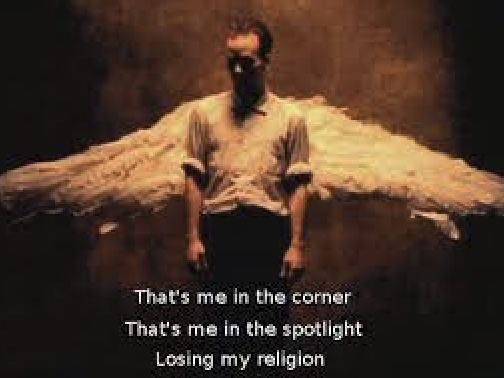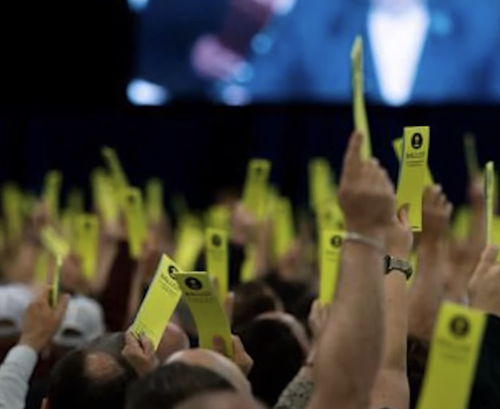It’s National Shameless Plug Day.
Or maybe it’s really not, but I still want to share an in-depth feature I did on faith nights hosted by Major League Baseball teams. I traveled to San Diego and Los Angeles to report this story for ReligionUnplugged.
But that’s enough shameless plugging for now.
This is our roundup of the top headlines and best reads in the world of faith. We start with the resignation of a top Southern Baptist Convention official.
What To Know: The Big Story
Out immediately: Willie McLaurin, interim president and CEO of the Southern Baptist Convention’s Executive Committee, resigned Thursday.
“In a recent resume that I submitted, it included schools that I did not attend or complete the study,” McLaurin said concerning his decision.
The short version: He lied.
Not the first time: McLaurin is just the latest SBC Executive Committee head to leave amid controversy, as Religion News Service’s Bob Smietana points out:
McLaurin became interim president after Ronnie Floyd, the previous president, resigned in October 2021 after months of controversy over the SBC’s sex abuse crisis. Floyd’s predecessor, Frank Page, resigned in 2018 due to misconduct.
Regarding McLaurin, the Washington Times’ Mark A. Kellner notes:
The first Black man to head the group that handles matters for America’s largest Protestant denomination outside of an annual business session, the pastor and leadership coach was considered a leading contender for permanent appointment.










